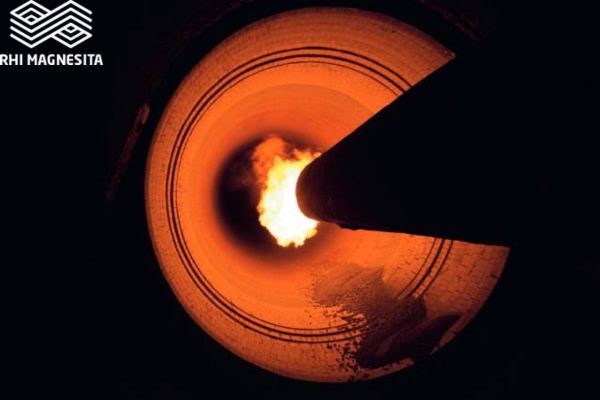For constructing buildings, bridges and others bricks and cement are essential. But for building high-temperature-resistant furnaces, kilns, crematoriums, etc. there is need for special bricks and cement. They are refractory or furnace bricks and refractory cement suitable for applications that are stable and strong even at temperatures over 1200 degrees Celsius.
Hence their demand is increasing every year, for the refractory brick market to grow at a CAGR of 5.9%, from 20,571.6 million dollars from 2020 to 2028. Refractory bricks and cement are among the 120,000 products made by the top refractory companies with high quality to be best for high-temperature applications.
In this article, let us discuss furnace bricks and refractory cement and their many benefits to industries like making glass, chemicals, cement, petroleum, power, etc.
What are furnace bricks and refractory cement?
Many industries, including incinerators and crematoriums, need high-temperature-resistant products. Their continuously rising demand also increases the need for many refractory products like refractory bricks and cement. Without these refractory products, most high-temperature industries like non-ferrous, energy, glass, chemical, environment, and other industries can stand a standstill.
It is because furnace bricks absorb thermal shock and offer insulation apart from keeping the heat inside the furnace to be useful in power and other high temperatures, even up to over 1,000 degrees Celsius industrial processes.
Unlike regular cement, refractory cement is best for high-temperature applications, which dissolve or implode at high temperatures. Furnace bricks made of heat-resistant materials like magnesia, alumina, ceramic, and others have high melting points, not to crack or break down even at sudden temperature changes or extreme heat.
Refractory cement is made from a combination of ceramic clay, zirconia, ganister or silicon carbide, calcined alumina, lime and others to withstand high temperatures.
Seven benefits of the best furnace bricks and refractory cement
The top refractory manufacturer has all the facilities and equipment to make the complex production of refractory bricks and cement that takes a lot of time than the regular ones.
Furnace bricks and refractory cement can protect equipment like kilns, incinerators, furnaces, etc., from chemical, mechanical and thermal stress and withstanding abrasion and corrosion. The following are the few benefits of furnace bricks and refractory cement made by the top manufacturers in many industries.
1. Refractory bricks made by experienced manufacturers are available in various sizes and shapes for excellent flexibility and easy fit for specific installation needs for complex structures in furnaces and other structures.
2. Furnace bricks are available with high density and porosity, the right amount of moisture and air within the structure, and enamel coatings or glaze to provide abrasion and other protection.
3. Refractory bricks are popular among home and office builders, apart from industrial applications requiring high temperatures but also in masonry to provide durable and attractive surfaces.
4. Furnace bricks provide excellent fire protection not only to industries but also to homes and offices by forming a flame-retardant barrier, reducing smoke damage during the fire of buildings, and minimizing toxic fumes while melting metals.
5. Refractory bricks are both cost-efficient and have high energy efficiency as they absorb and keep heat more effectively than regular bricks to reduce power bills.
6. Refractory cement, a heat-resistant material, is useful for lining fireboxes, ovens, crematoriums, etc., to withstand temperatures up to 3,000 Fahrenheit.
7. Refractory cement does not deform even at high temperatures during fire and drying processes because it has high flexural and tensile strength to be a tough and long-lasting material for use in many industries.
RHI Magnesita is one of the pioneers in making over 120,000 refractories, including high-quality furnace bricks and refractory cement, to have all the above benefits and more for many industries in over 75 countries.


No comments yet